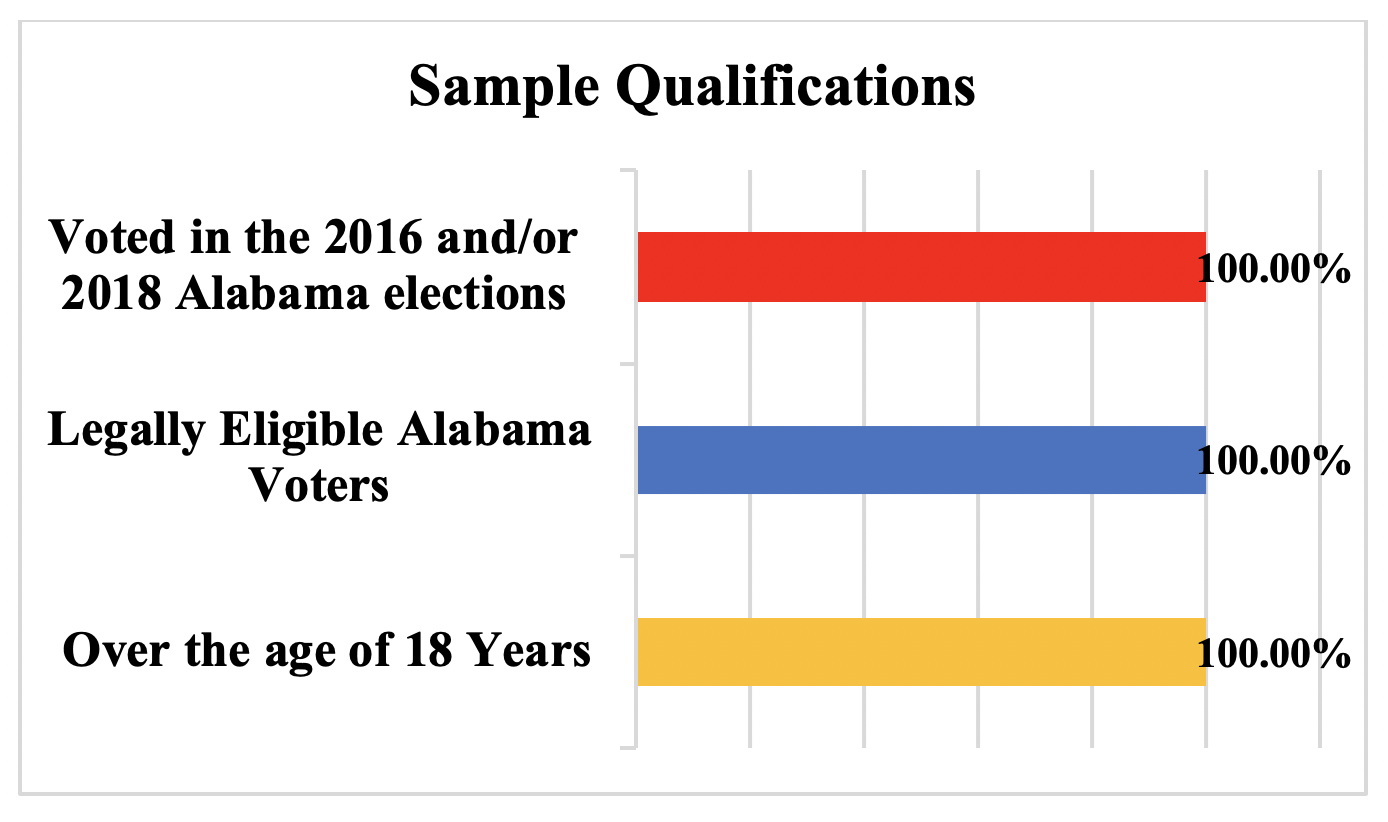For almost eighteen (18) years Research Strategies, Inc. has provided Mock Trial Recruiting for some of the most difficult and critical court cases throughout the United States. Our legal market research methodologies have been accepted by over seventeen (17) federal district courts. Research Strategies, Inc. started with DecisionQuest and Trial Graphics; and our reputation has spread with trial consultants and national law firms from coast-to-coast.
Recently one of our legal clients referred to getting “regurgitated” potential jurists when they previously used Focus Group facilities for their Mock Trial recruits. The term is descriptive and true! Most Focus Group facilities recruit from lists. Their potential recruits are familiar with a variety of research methodologies. They become conditioned on how to answer screeners and questionnaires. This includes not admitting to having previously attended legal Focus Groups, Mock Trials, Community Attitude Studies, Shadow Juries, etc. Many times in frequently sampled markets, these potential jurists have signed up with multiple Focus Group facilities and legal recruiters. And after time they refer to themselves as research experts. Plus recruit lists are typically weighted with college students, unemployed, underemployed, disabled, etc. In short they follow the money!
Research Strategies, Inc. is one the largest national RDD recruiters. We offer the capabilities of reaching every ZIP Code, town/city, county, parish, providence and state in the United States, Canada and the Caribbean with precise geographic and demographic accuracy. Our Research Analysts are very capable of sharing our collective experience in writing recruiting screeners to offer a clear synopsis of each potential jurist’s profile. These Research Analysts can also offer you assistance in finding the most convenient location for your Legal Focus Group/Mock Trial recruits. Research Strategies, Inc. has experience with over 800 suitable locations for Legal Focus Groups/Mock Trials from Missoula, Montana to Port-au-Prince, Haiti. Our seasoned Telephone Researchers are well versed in getting recruits to answer the most difficult of screeners. Their entry is essential in providing your Legal Focus Group/Mock Trial with a good mix of full-time employed, part-time employed and owner/self-employed recruits. Research Strategies, Inc. screens against previous research participants, offering your case a true representation of the jury pool. Our recruits are more likely to tell you “what they think” and “not what they think you want to hear.”
Research Strategies, Inc. offers your case the best practical, common sense means to provide your Legal Focus Group or Mock Trial with the best representation of the potential jury pool. We deliver accuracy; the best risk reduction tool for your case!
Eugene A. Talbott
President

 [1]
[1]







